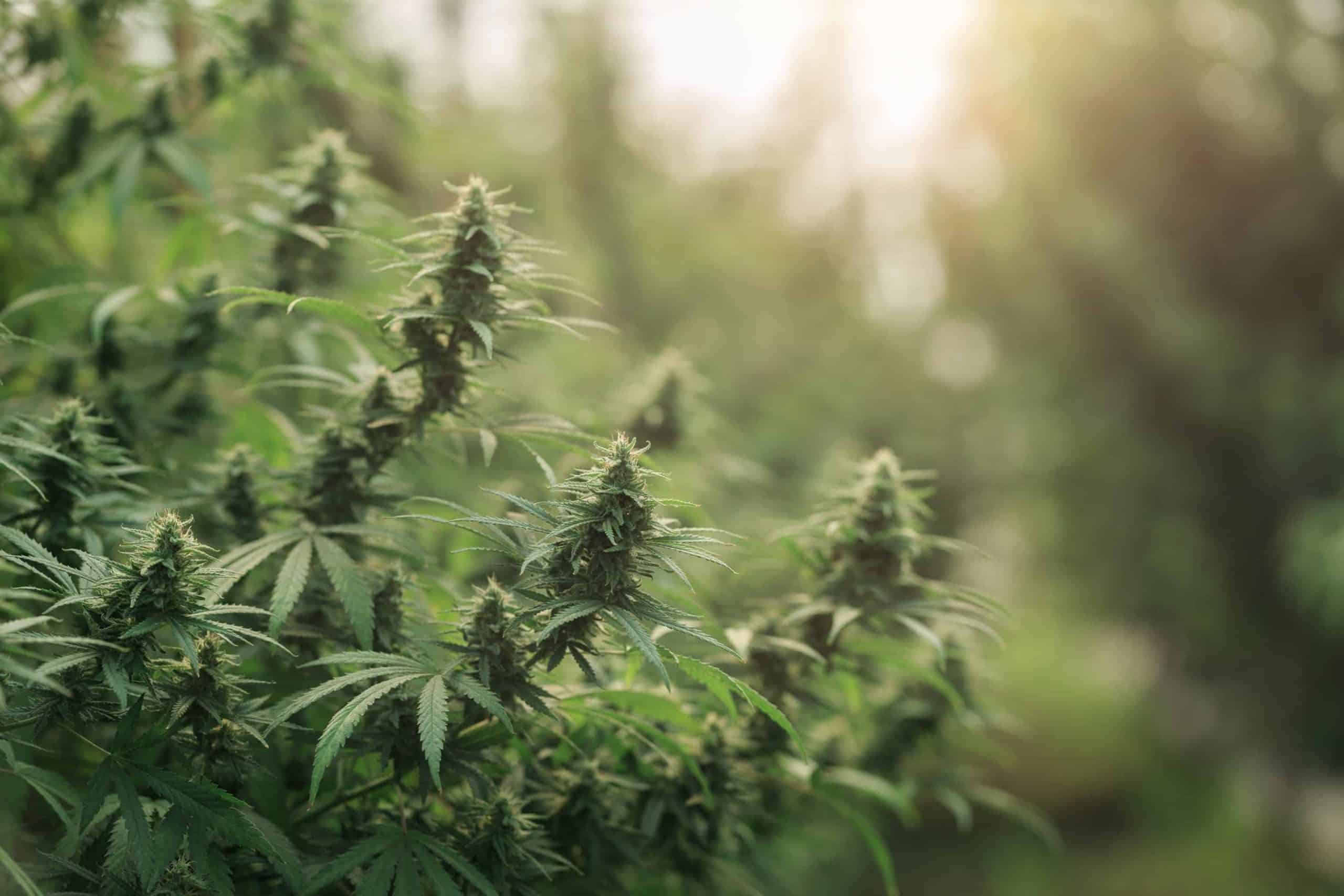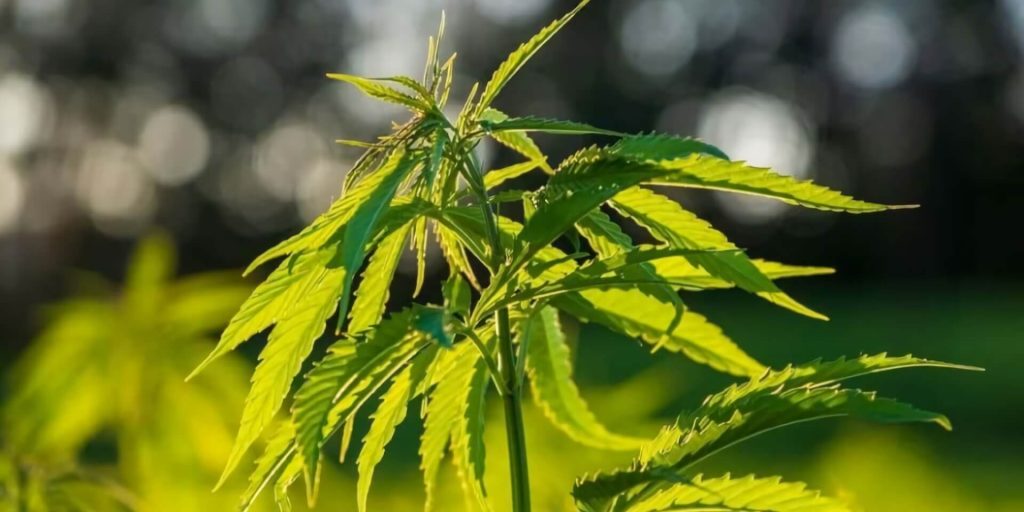Post-traumatic stress disorder (PTSD) afflicts many persons with rendering psychological and emotional symptoms. Although many people have found success with traditional treatments, including therapy and drugs, experts are looking at alternative therapies for possible advantages more and more. Among these, thca flower strains seem to help with PTSD symptoms, so they draw interest.
Cannabinoids and the Brain: A Promising Connection
Studies on the components of cannabis have found that some of them interact with brain receptors, therefore affecting mood, stress responses, and emotional control. Thought to have a distinct impact on the endocannabinoid system of the brain, THCA is a non-psychoactive cannabinoid. Often high in persons with PTSD, it may assist in regulating the balance of neurotransmitters involved in stress, anxiety, and terror.
Mood Stabilization and Emotional Regulation

Treating PTSD depends critically on controlling emotional dysregulation and mood fluctuations. Daily functioning can be hampered by shifting emotions and fear or frustration. Through helping emotional control, THCA flower strains could offer alleviation. THCA is non-intoxicating, unlike other cannabis chemicals that could cause a euphoric “high,” which makes it an interesting choice for individuals looking for treatment without the mind-altering consequences.
Reducing Anxiety and Promoting Psychological Resilience
One of the most noticeable symptoms of PTSD is anxiety; hence, conventional treatments often take longer to show noticeable improvement. The anxiolytic qualities of THCA flower strains have shown promise for lowering anxiety. The thca flower may help control the release of stress hormones such as cortisol by interacting with the endocannabinoid system of the body and therefore fostering a sensation of calm. For patients with anxiety-related PTSD, this capacity to lower anxiety could offer quick relief.
Although research on THCA flower strains is still in its early years, those with PTSD seem to find great therapeutic hope from them. Their capacity to help with stress management, mental stability promotion, and anxiety reduction offers a possible natural way to deal with the difficult symptoms of the condition.



